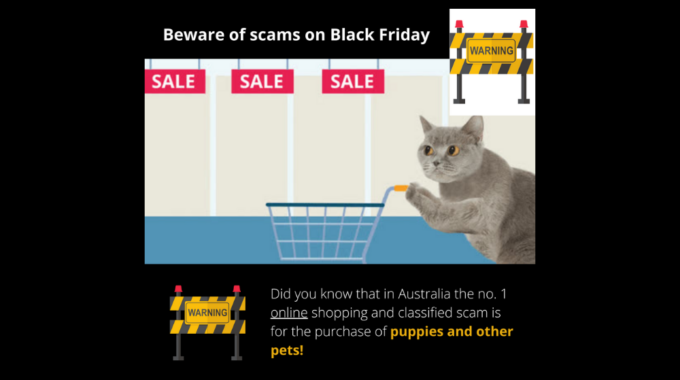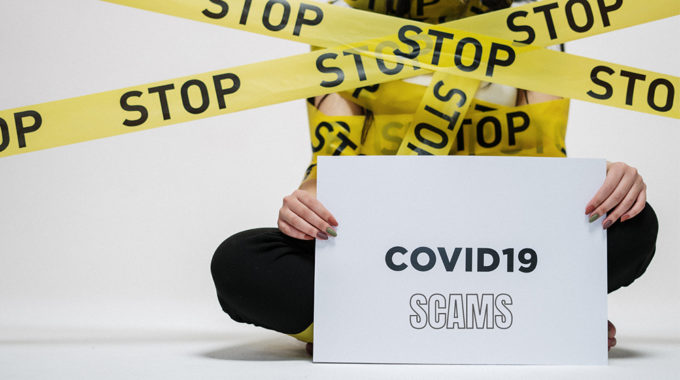Are you aware of what the number 1 online shopping scam is in Australia? According…

The dark side – can you trust online reviews?
Some really interesting insights about online review sites from this 10 minute podcast by the Australian Broadcasting Corporation.
Of the three major players in the travel review industry – Trip Advisor, Booking.com and Expedia, it’s been found that around 30% of Trip Advisor’s reviews are fake, whereas Booking.com and Expedia harvest qualified reviews from actual hotel guests and so their reviews are generally more reliable.
The anonymity of the Internet has made it easy for people to leave fake reviews, and often the motives are sinister i.e. unhappy guests, disgruntled employees, aggressive competitors and so forth. Negative reviews can cause serious damage to brands and reputations and this is a constant battle for business owners and can take a long time to recover from.
Reviews were intended to make booking holidays and trips more efficient but in fact it has now become too time consuming for many travellers to sift through reviews trying to work out which ones are truthful and which are fake.
From the podcast, here are some key things to look out for in an effort to help you spot fake reviews; 1. The information is usually far too detailed and very one sided and extreme (too positive) 2. Subjective details are usually lacking about the experience 3. The reviewer’s profile is usually questionable with little information.
There are websites which can help travellers which scan for fake reviews using artificial intelligence/algorithms. One of these sites which is proving useful for travellers is fakespot.com. Users type in the source url of the online review, the AI within fakespot.com then performs a scan and gives you the result – but as always, consumers should use with caution and where possible and time permitting, do their own research.
Source: Australian Broadcasting Corporation.
Sharon Box
Founder, Owner and Lead Behavioural Investigator – Mind Hush Group.



